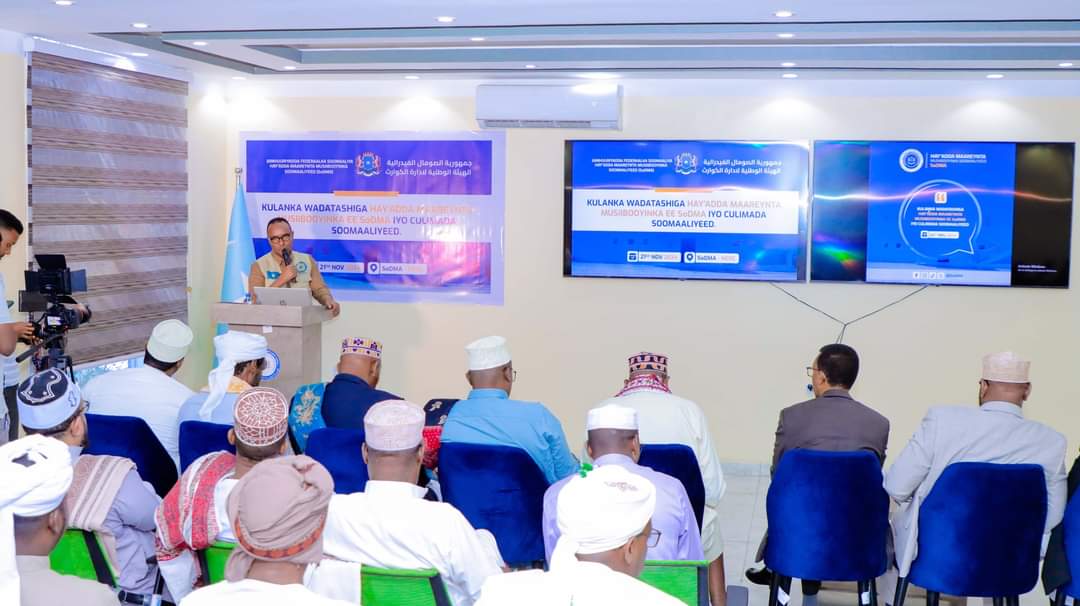On April 10 2023, the people of Ireland, Northern Ireland and Britain will mark 25 years since leaders from across the political traditions of the island of Ireland came together to sign the Good Friday Agreement. Like Ethiopia’s Permanent Cessation of Hostilities Agreement, the Good Friday peace deal was hailed as a momentous landmark. For Ireland and the United Kingdom (UK), it ushered in a new era of peace, security and stability for our two nations, closing 30 years of brutal conflict that divided communities and ended so many lives before their time. The Agreement was a decision to reject the politics of violence and to create a new framework for relationships that embraced the diversity of identities and the aspirations of the people of Ireland, north and south.
The Agreement is a watershed moment in the shared history of Ireland and the UK – it marks a collective commitment to transforming relationships within and between our islands to secure a better future for our people. Now, 25 years later, it is only right that we celebrate this remarkable achievement and reflect on how Ireland can share its 1998’s spirit of vision and leadership to address today’s global challenges.
In the last 25 years, Ireland has learned that peace and reconciliation can only come when parties in conflict set aside their differences and work for the betterment of all. Accepting the Nobel Peace Prize for his part in securing the Good Friday Agreement, Northern Irish peacebuilder John Hume remarked that, “Difference is the essence of humanity. The answer to difference is to respect it. Therein lies a most fundamental principle of peace – respect for diversity.”
These principles must extend to ensuring that all voices are heard and respected in the process of building peace. In Northern Ireland, we learned that women’s voices, in particular, are in danger of not being heard. Northern Irish women had to fight for their place in the peace process and once in they made a very significant contribution to securing and sustaining peace. It is vitally important that women’s voices are not neglected – a process without inclusion of women, youth and a diversity of political opinions cannot be a solid foundation for lasting peace.
We also learned in Northern Ireland that peace processes require a huge, sustained effort, perseverance, patience and belief – for weeks, for months, for years. Crucially, this commitment was rewarded when a new truth was established on 10 April 1998. It demonstrated that agreement – unlikely, improbable agreement – was possible. This should always be a source of hope and comfort, and a source of inspiration that faith in peace is better than any alternative.
However, 25 years on, we can also risk extolling historic milestones. It is important to remember that the Good Friday Agreement was not perfect. No peace agreements are. As Ireland’s Deputy Prime Minister, Micheál Martin, recently remarked, “No community got everything they wished for in 1998, but everyone got peace.” The signing of the Good Friday Agreement was both an end and a beginning. It was an end to long years of hard work and difficult compromises on all sides. And it was a beginning of a new process of building peace, reconciliation and a different – far better – future”.
As Ethiopia reflects on its own remarkable achievement in the form of the Permanent Cessation of Hostilities Agreement, Ireland warmly welcomes the end of the violence in northern Ethiopia, and the commitment by all sides to build a better Ethiopia for the benefit of all. In any post-conflict context, the emotional, cultural, economic, social and physical scars run deep. The difficult work of reconciliation takes many years and tremendous effort. For all of us in Ethiopia, it is our obligation and duty to ensure that peace is protected in the face of all challenges that arise. Ireland is ready to support the full implementation of the peace agreement and to contribute to ensuring it leads to lasting peace for all Ethiopians.









